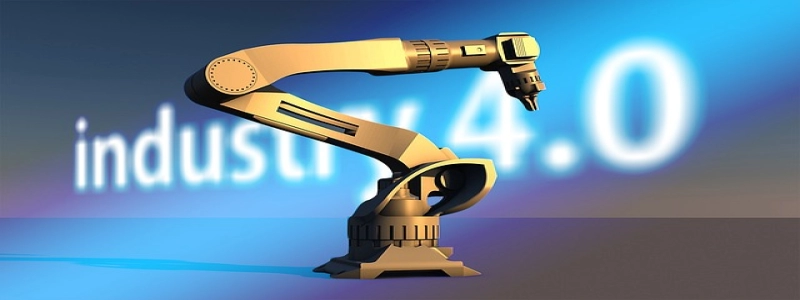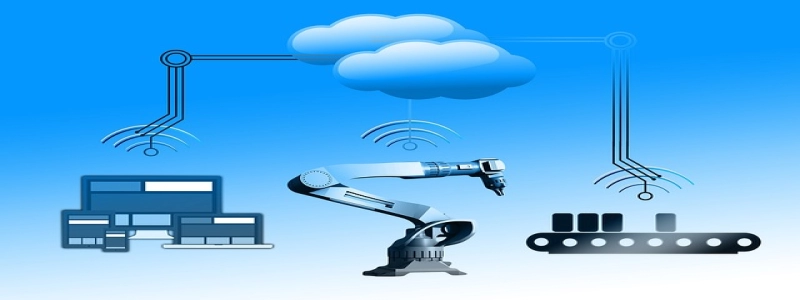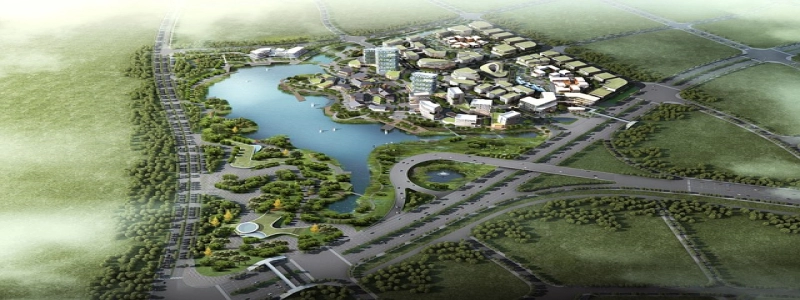What is Ethernet 2?
Introduction:
Ethernet 2, also known as Ethernet Version 2 or Ethernet II, is a widely used networking standard for local area networks (LANs). In this article, we will delve into the details of Ethernet 2, its characteristics, and its importance in modern networking.
I. Definition of Ethernet 2:
Ethernet 2 is a protocol that defines the rules for data communication on a LAN. It specifies the structure of Ethernet frames, which are used to transmit data packets between connected devices. Ethernet 2 supports various network speeds, including 10 Mbps, 100 Mbps, and Gigabit Ethernet.
II. Ethernet 2 Frame Structure:
An Ethernet 2 frame consists of several components, each serving a specific purpose in the data transmission process. The frame structure includes:
1. Preamble: A sequence of 56 bits used for synchronization between sender and receiver devices.
2. Destination MAC Address: A 48-bit address that identifies the intended recipient of the frame.
3. Source MAC Address: A 48-bit address that identifies the sender of the frame.
4. EtherType: A 16-bit field indicating the type of data contained in the frame (e.g., IP, ARP).
5. Data: The actual data payload being transmitted.
6. Frame Check Sequence (FCS): A 32-bit field used for error detection during transmission.
III. Comparison with Ethernet 1:
Ethernet 2 is an evolution of the original Ethernet protocol, known as Ethernet 1 or Ethernet Version 1. The major difference between the two lies in the EtherType field. Ethernet 1 used a Length field to indicate the size of the data, whereas Ethernet 2 introduced the EtherType field, allowing for multiprotocol support.
IV. Advantages of Ethernet 2:
Ethernet 2 offers several advantages over its predecessor and other networking protocols:
1. Flexibility: The introduction of the EtherType field enables the use of different network protocols within a single Ethernet infrastructure, enhancing interoperability.
2. Speed: Ethernet 2 supports higher data transmission rates, allowing for faster network connectivity and improved performance.
3. Compatibility: Ethernet 2 is backward compatible with Ethernet 1, ensuring a smooth transition for existing networks.
V. Applications of Ethernet 2:
Ethernet 2 is widely used in various applications, including:
1. Local Area Networks (LANs): Ethernet 2 is the primary protocol used for connecting devices within a small geographical area, such as office buildings or campuses.
2. Internet Service Providers (ISPs): Ethernet 2 plays a crucial role in ISP networks, facilitating high-speed internet connectivity for end-users.
3. Industrial Automation: Ethernet 2 is used in industrial environments to connect and control devices, such as robots and machinery, for improved automation and efficiency.
Conclusion:
Ethernet 2 is a versatile and widely adopted networking standard that enables efficient data communication on LANs. With its flexible protocol support, higher speed capabilities, and compatibility with previous versions, Ethernet 2 continues to be the backbone of modern networking infrastructures.







